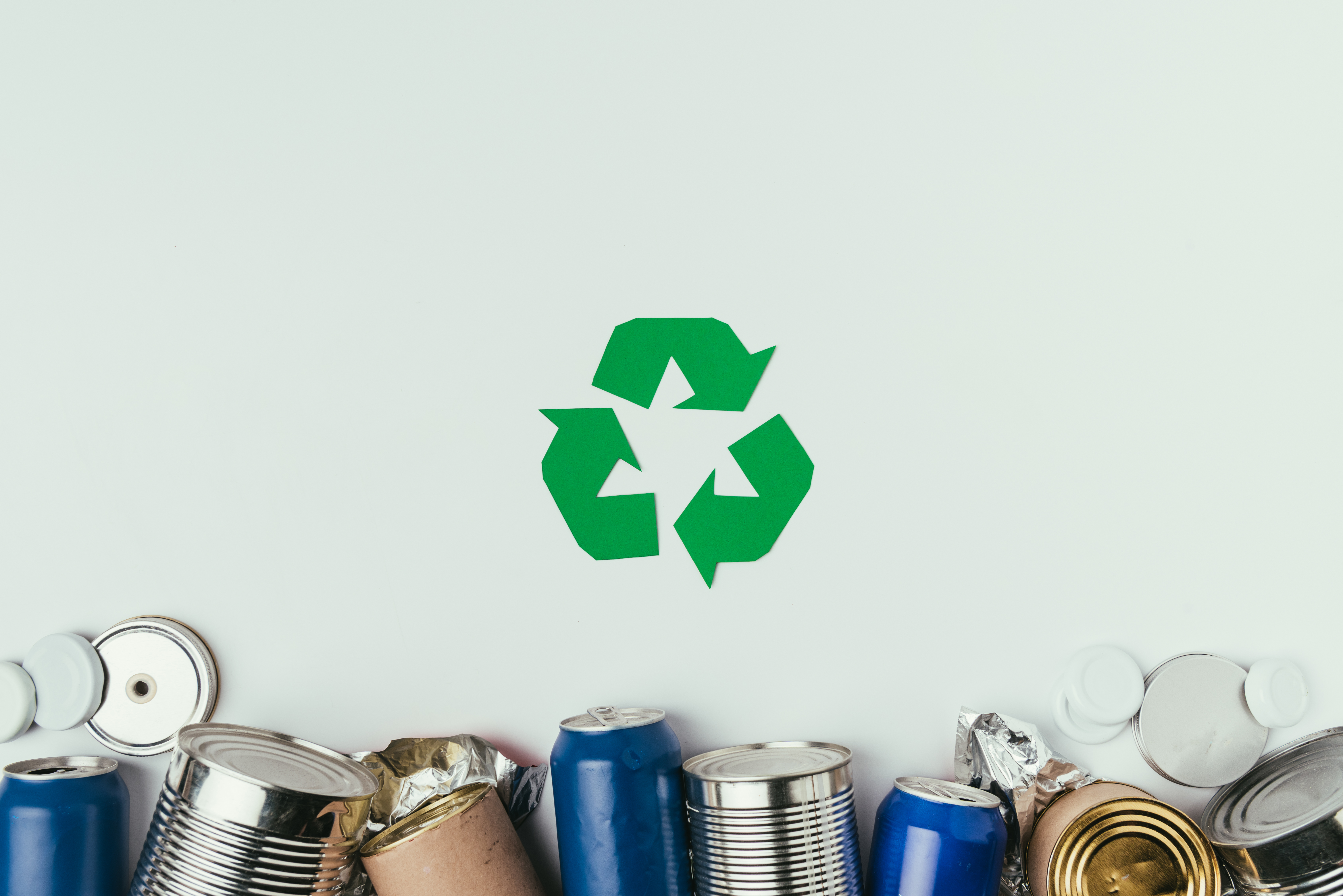- info@restorelife.io

The Indian government has recognized the need for proper management of battery waste to minimize its adverse impact on human health and the environment. The Battery Waste Management Rules 2022 build upon the earlier rules introduced in 2016 and aim to strengthen the regulatory framework for the collection, storage, transportation, recycling, and disposal of batteries. Battery waste management is a crucial aspect of environmental sustainability. With the increasing use of batteries in various sectors, it is essential to have effective regulations in place to ensure their safe disposal and recycling.
• Extended Producer Responsibility (EPR): The rules impose the responsibility on battery manufacturers, importers, assemblers, and dealers to manage the entire lifecycle of batteries, including collection, recycling, and safe disposal. This encourages manufacturers to design batteries that are easier to recycle and establishes a mechanism for the collection and recycling of old batteries.
• The rules mandate the establishment of collection centres for used batteries. These centres will serve as collection points for consumers to drop off their old batteries, ensuring their proper disposal and recycling.
• Battery Recycling emphasizes the importance of battery recycling to recover valuable materials and reduce the environmental impact of battery waste. Battery recycling units are required to obtain necessary approvals and follow environmentally sound practices for the recycling process. Disposal sites must be properly designed, equipped, and managed to prevent contamination of soil and groundwater.
• Battery manufacturers, importers, and recyclers are required to maintain records of their activities and submit regular reports to the concerned authorities. This ensures transparency and accountability in the management of battery waste.
Benefits of Battery Waste Management
1. Environmental Protection: The rules aim to minimize the environmental impact of battery waste by promoting its safe disposal and recycling. This helps prevent soil and water pollution, reduces greenhouse gas emissions, and conserves natural resources.
2. Health and Safety: Proper management of battery waste protects human health by reducing exposure to hazardous substances. By establishing collection centres and recycling facilities, the rules prevent the improper handling and disposal of batteries, which can lead to health risks.
3. Resource Recovery: Battery recycling allows for the recovery of valuable materials, such as lead, lithium, and cobalt. This reduces the dependence on virgin resources and promotes a circular economy.
4. Job Creation: The battery waste management sector has the potential to create job opportunities in collection, transportation, recycling, and disposal. The rules can contribute to the growth of a sustainable and green economy.
Discover the power of ReStore, India's first refurbished battery brand specializing in reviving batteries used in UPS inverters and solar systems. Our cutting-edge EBEP (Electrochemical battery enhancement process) technology, coupled with our skilled team of engineers and technicians, has revitalized over 3 lakh batteries. By choosing ReStore, you not only contribute to a cleaner environment but also enjoy restored potential.